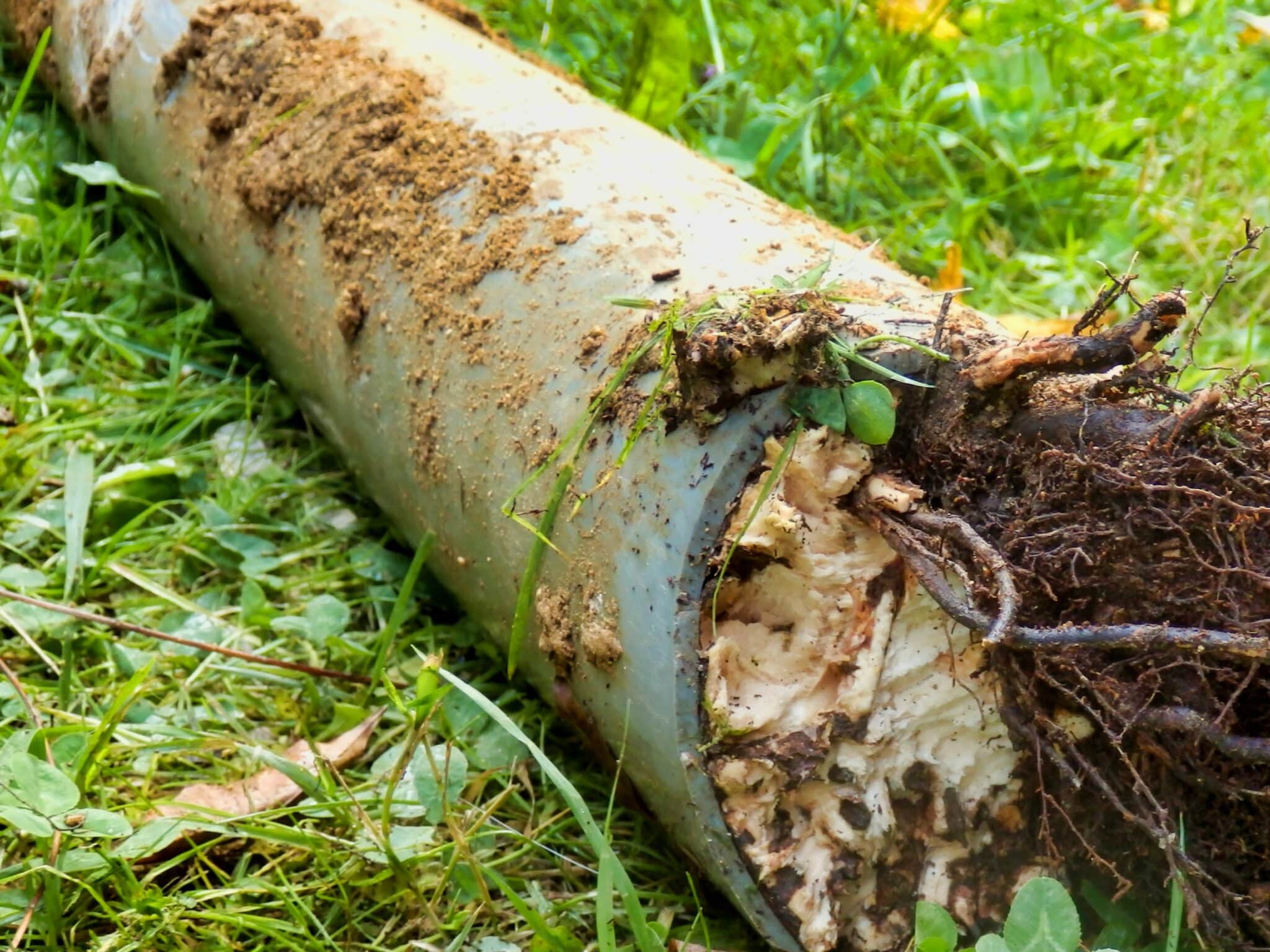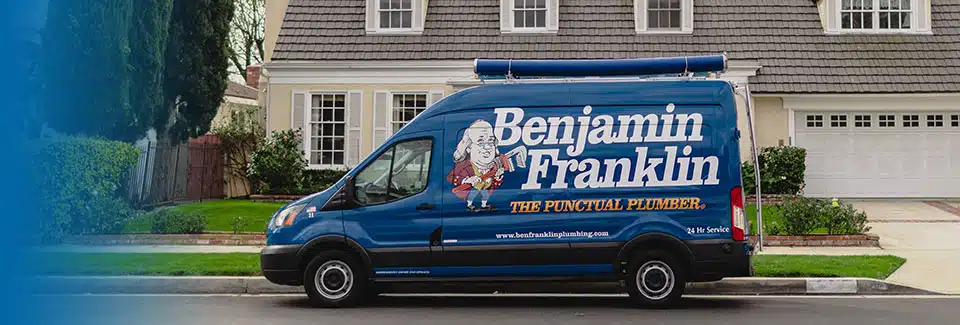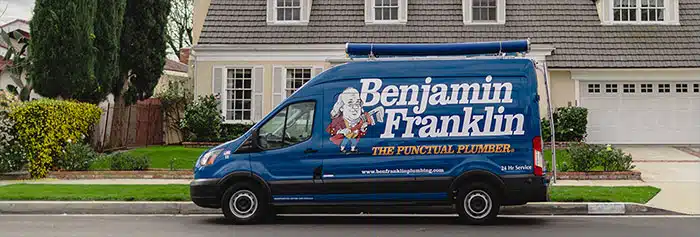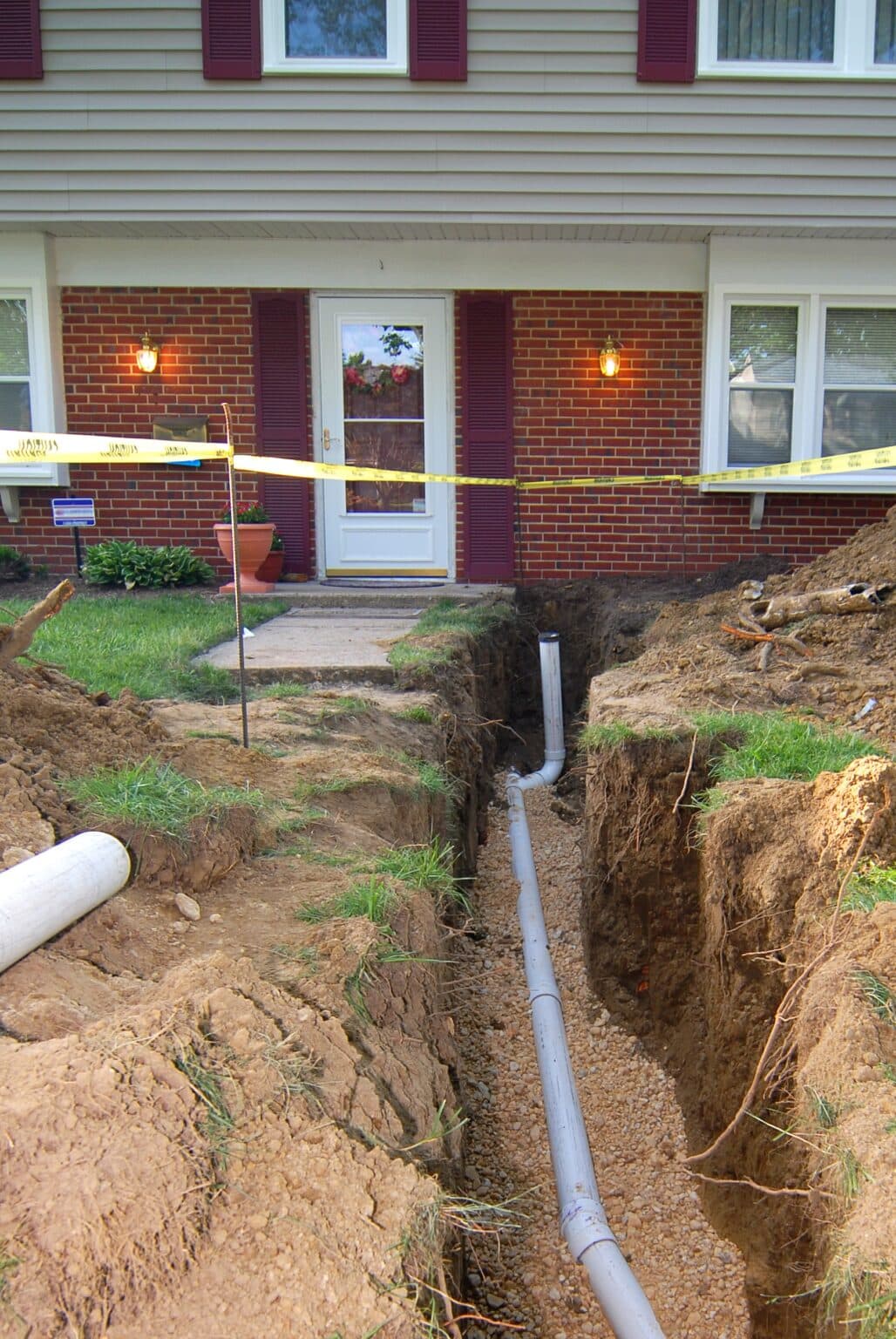Sewer backup issues can be a homeowner’s worst nightmare, causing significant damage and inconvenience. In cities like Phoenix, AZ, where the climate can affect plumbing systems, being proactive is key. Understanding the causes of these backups and implementing preventative measures can save time, money, and stress. It’s crucial to address the root of the problem before it escalates.
In Scottsdale, AZ, and surrounding areas, residents often face unique challenges due to the desert environment. Factors such as tree root intrusion, aging infrastructure, and improper disposal of waste contribute to sewer backup issues. By recognizing these common causes, homeowners can take steps to mitigate risks. It’s about keeping your plumbing system flowing smoothly to avoid unexpected disruptions.
Preventative maintenance is essential in avoiding sewer backup issues. Regular inspections and cleanings can identify potential problems before they become severe. Homeowners should also be mindful of what goes down their drains and toilets. Educating oneself on proper plumbing care can make a significant difference in preventing backups.
Benjamin Franklin Plumbing in Phoenix understands the importance of a well-maintained plumbing system. With a focus on prevention, they offer solutions and services designed to keep sewer backup issues at bay. By partnering with experts, homeowners can ensure their plumbing system remains in top condition, safeguarding their homes from the hassle and expense of unexpected sewer backups.
Understanding Sewer Backup Issues: Causes and Consequences
Understanding the causes and consequences of sewer backup issues is crucial for homeowners in Phoenix, AZ, and beyond. One primary cause is the intrusion of tree roots into sewer lines, searching for water. This can lead to blockages and, eventually, backups. In areas like Phoenix, where vegetation can be sparse, roots often grow toward the moisture in sewer lines, causing significant problems.
Another contributing factor is the aging infrastructure within cities such as Scottsdale, AZ. Over time, pipes can corrode, crack, or collapse, leading to leaks and backups. Regular inspections can help identify these issues early on, preventing more severe problems down the line. Homeowners should stay informed about the state of their local sewer system and seek professional assessments regularly.
Improper disposal of waste is a common cause of sewer backup issues as well. Flushing items that do not break down easily, such as wipes, feminine hygiene products, and cooking grease, can clog pipes. Educating the household on what should not go down the drains or toilets can significantly reduce the risk of backups. It’s a simple yet effective way to maintain a smooth-running plumbing system.
Lastly, extreme weather conditions, especially in desert climates, can strain the sewer system. Heavy rains can overwhelm the system, leading to overflows and backups. Homeowners can mitigate this by ensuring proper drainage on their property and staying alert to weather forecasts. Being proactive in these areas can help prevent the inconvenience and damage caused by sewer backup issues.
Regular Maintenance: Key to Preventing Sewer Backups
Regular maintenance plays a pivotal role in preventing sewer backup issues, especially in areas like Phoenix, AZ. By scheduling routine inspections, homeowners can catch and address minor problems before they escalate into major concerns. This proactive approach not only ensures the longevity of your plumbing system but also saves you from potential headaches and expenses down the line. Partnering with professionals like Benjamin Franklin Plumbing guarantees that your system is thoroughly checked and maintained.
In addition to professional inspections, engaging in simple, daily practices can significantly reduce the risk of sewer backups. Being mindful of what you flush down the toilet or pour down the sink is crucial. For instance, avoiding the disposal of grease, wipes, and other non-biodegradable items can keep your pipes clear. Adopting these habits helps maintain a seamless flow through your plumbing system, preventing blockages that lead to backups.
Scottsdale, AZ residents can attest to the importance of being vigilant about tree root intrusion. Regularly inspecting the area around your sewer lines for signs of root growth can prevent roots from penetrating and clogging your pipes. If you notice rapid tree growth near your sewer lines, consulting with a professional can help you take the necessary steps to mitigate the risk. This attention to detail can be a major factor in avoiding the inconvenience of sewer backups.
Lastly, integrating advanced solutions like backwater valve installation can offer an added layer of protection against sewer backup issues. These valves are designed to allow water to flow out of your property while preventing any backflow into your home. It’s an effective measure that, when combined with regular maintenance and proper disposal practices, ensures your plumbing system operates smoothly. By taking these steps, homeowners can significantly reduce the likelihood of facing disruptive sewer backup issues.

The Role of Tree Roots in Sewer Backup Issues
In Phoenix, AZ, homeowners often overlook the role of tree roots in causing sewer backup issues. As trees search for moisture, their roots can infiltrate sewer lines, leading to significant blockages. Identifying and addressing these intrusions early can prevent the backups that disrupt homes. Consulting with professionals for regular inspections can help catch these problems before they escalate.
Scottsdale, AZ, residents can take proactive steps to minimize the risk of root-related sewer backups. Regularly inspecting the area around sewer lines for signs of root intrusion is a smart practice. If roots appear to be a threat, seeking professional advice on removal or barrier installation can be crucial. This vigilance helps maintain the integrity of sewer lines and prevents potential backups.
Adopting landscape strategies that consider the location of sewer lines can also play a significant role in preventing sewer backup issues. Choosing plants with less invasive root systems and planting them away from sewer lines can mitigate the risk of root intrusion. Homeowners can consult with landscaping experts to design a yard that’s both beautiful and plumbing-friendly. This approach not only enhances curb appeal but also protects the plumbing system.
Finally, educating oneself about the signs of sewer line root intrusion is essential. Early indicators, such as slow-draining sinks or frequent clogs, can signal a problem. Homeowners who notice these signs should act quickly by contacting a plumbing professional. Prompt action can save time and money, keeping sewer backup issues at bay and ensuring a smoothly running plumbing system.
How to Properly Dispose of Grease and Oil
Proper disposal of grease and oil is crucial in preventing sewer backup issues, especially in Phoenix, AZ, where the climate can put additional strain on plumbing systems. Pouring grease down the sink might seem convenient, but it solidifies inside pipes, leading to clogs and backups. Instead, homeowners should let grease cool and then dispose of it in the trash. This simple change in kitchen habits can significantly reduce the risk of plumbing problems.
In Scottsdale, AZ, residents can also play a part in keeping their plumbing system free from obstructions by using grease disposal containers. These containers are designed to hold oil and grease until they can be thrown away safely. By adopting this practice, individuals not only protect their own pipes but also contribute to the overall health of the city’s sewer system. It’s a small effort that can make a big difference in avoiding sewer backup issues.
Educating the household on the importance of not flushing fats, oils, and grease is another effective strategy. When everyone understands the consequences of improper disposal, they’re more likely to follow guidelines that keep the plumbing system running smoothly. Workshops or informational sessions provided by local utilities can offer valuable tips and reinforce these practices. Keeping the community informed helps prevent problems before they start.
Finally, installing grease traps in homes with heavy oil and grease usage can provide an additional layer of protection against sewer backup issues. These traps catch grease before it enters the plumbing system, making disposal easier and more efficient. Professional installation and regular maintenance of these traps ensure they function properly, safeguarding homes from unwanted backups. With these measures in place, homeowners can enjoy peace of mind, knowing their plumbing is protected.
Installing a Backwater Valve: A Preventative Measure
Installing a backwater valve is a smart move for homeowners in Phoenix, AZ, looking to prevent sewer backup issues. This device acts as a gate in your plumbing system, allowing water to exit but blocking any backflow into your home. It’s a proactive step that can save a lot of headaches and expenses down the line. With the right installation, you can significantly reduce the risk of backups, keeping your home safe and dry.
In Scottsdale, AZ, the threat of sewer backups becomes more manageable with a backwater valve in place. Residents can enjoy peace of mind, knowing their homes are protected against unexpected backflows that can cause damage. Professional plumbers can ensure proper installation and maintenance, making this an efficient solution. This measure, coupled with regular maintenance, forms a robust defense against plumbing issues.
Educating yourself on how a backwater valve works and its benefits is crucial for any homeowner. Knowing that this simple device can prevent the inconvenience of cleaning up after a sewer backup encourages its adoption. It’s an investment in your property’s well-being, reducing the likelihood of facing sewer-related problems. Homeowners should consider this option as part of their overall strategy to maintain a healthy plumbing system.
Finally, the installation of a backwater valve complements other preventive measures discussed earlier. It adds an extra layer of security, especially in areas prone to heavy rains or sewer system overloads. By integrating this device into your plumbing system, you’re taking a comprehensive approach to prevent sewer backup issues. This, along with proper disposal practices and regular inspections, ensures your home remains protected against potential plumbing disasters.
The Importance of Professional Sewer Line Inspections
Understanding the causes and effects of sewer backup issues is crucial for homeowners in Phoenix, AZ. A professional sewer line inspection can uncover hidden problems, such as small leaks or blockages, before they escalate. These inspections, conducted by experienced plumbers, provide a detailed look at the health of your plumbing system. By identifying issues early, homeowners can avoid the costly and stressful consequences of sewer backups.
In Scottsdale, AZ, relying on professional expertise for sewer line maintenance is a wise choice. Professionals use advanced tools and techniques to accurately diagnose and resolve any underlying issues. This proactive approach not only prevents sewer backup issues but also extends the lifespan of your plumbing system. Homeowners benefit from the peace of mind that comes with knowing their sewer lines are in good condition.
Regular sewer line inspections also help in identifying potential risks, such as tree root intrusion or aging pipes. By addressing these risks early, homeowners can take preventive measures to safeguard their property. This might include installing barriers to deter root growth or replacing old pipes before they fail. Taking such steps significantly reduces the likelihood of sewer backup issues.
Lastly, educating homeowners on the importance of professional sewer line inspections is key to preventing sewer backup issues. When individuals understand the benefits of these inspections, they are more likely to invest in regular maintenance. This collective effort helps maintain the overall health of the community’s plumbing systems. As a result, cities like Phoenix and Scottsdale can enjoy smoother, more reliable sewer systems, minimizing disruptions for all residents.
Creating a Sewer Backup Response Plan
Having a plan in place for sewer backup issues is essential for homeowners in Phoenix, AZ. When a backup occurs, knowing the immediate steps to take can minimize damage and speed up the recovery process. This plan should include shutting off water to prevent further flooding and contacting a professional plumber immediately. Keeping a list of emergency contacts handy ensures a quick response during stressful situations.
In Scottsdale, AZ, residents should also be familiar with their insurance policy’s coverage on sewer backup incidents. Understanding what is and isn’t covered helps in making informed decisions during an emergency. It’s advisable to document the damage with photos and detailed notes for insurance claims. This organized approach aids in a smoother, more efficient claims process.
Regular drills on how to respond to sewer backup issues can also be beneficial. Practicing these steps ensures that every household member knows what to do, reducing panic and confusion. It’s about creating a sense of preparedness that can significantly lessen the impact of a backup. These drills, combined with a well-thought-out response plan, equip homeowners with the necessary tools to handle unexpected problems.
Lastly, staying informed about the local sewer system’s condition in both Phoenix and Scottsdale can preemptively alert residents to potential backup risks. Local authorities often provide updates on system overloads or maintenance that could affect homeowners. By staying connected with community resources, individuals can anticipate and prepare for sewer backup issues, ensuring they’re never caught off guard.
Innovations in Sewer Backup Prevention
Innovations in technology offer new ways to combat sewer backup issues, providing homeowners in Phoenix, AZ, with more effective tools for prevention. Smart sewer technology, for instance, uses sensors to monitor flow and detect potential blockages before they lead to backups. This proactive approach allows for immediate action, reducing the risk of damage to homes. Homeowners benefit from these advancements by staying one step ahead of common problems that plague sewer systems.
In Scottsdale, AZ, the adoption of trenchless sewer repair techniques has revolutionized the way professionals address sewer backup issues. Unlike traditional methods, trenchless repairs cause minimal disruption to the property and can be completed more quickly. This method not only fixes existing problems but also strengthens the sewer system against future intrusions and blockages. It’s a forward-thinking solution that saves time and preserves the landscaping of homes.
Another innovative strategy involves the use of biodegradable treatments to maintain clear sewer lines. These treatments break down potential clogs and prevent the accumulation of debris that can cause backups. By integrating these treatments into regular maintenance routines, homeowners can ensure a smoother flow through their plumbing systems. It’s an environmentally friendly approach that complements other preventive measures.
Lastly, community-wide education programs in cities like Phoenix and Scottsdale play a crucial role in preventing sewer backup issues. These programs focus on teaching residents about proper waste disposal and the importance of regular maintenance. By empowering individuals with knowledge, communities can collectively reduce the incidence of sewer backups. This collaborative effort not only protects individual homes but also enhances the overall functionality of the city’s sewer system.

Frequently Asked Questions
What causes sewer backup issues?
Sewer backup issues often stem from clogged pipes, where everyday items like wipes and grease build up over time. Tree roots can also invade sewer lines, causing significant blockages. In some cases, heavy rain overwhelms the city’s sewer system, leading to backups in homes. Regular maintenance and mindful disposal habits can help prevent these common problems.
How can I prevent sewer backups?
To prevent sewer backup issues, start by disposing of waste properly. Avoid flushing wipes or pouring grease down the drain. Installing a backwater prevention valve can also help by blocking potential backups from entering your home. Regular inspections and cleanings of your sewer line ensure it stays clear of blockages.
What are signs of a potential sewer backup?
Signs of a potential sewer backup include water backing up from your drains or toilets. You might also notice a foul smell coming from your drains, indicating a blockage. If your lawn appears unusually soggy or you hear gurgling sounds from your pipes, these are clear warnings. Addressing these signs early can prevent major sewer backup issues.
Are there any DIY solutions for sewer backup issues?
For minor sewer backup issues, homeowners can try using a plunger to clear simple clogs. A mixture of baking soda and vinegar can also help dissolve grease buildup. However, for more serious problems, it’s best to call professionals like Benjamin Franklin Plumbing. They have the right tools and expertise to safely resolve sewer backup issues without causing further damage.
How often should sewer lines be inspected?
Experts recommend having your sewer lines inspected once every year. This regular check-up helps catch issues early, preventing major sewer backup problems. Benjamin Franklin Plumbing can perform these inspections, ensuring your system stays clear. Staying proactive with maintenance is key to avoiding costly repairs down the line.


